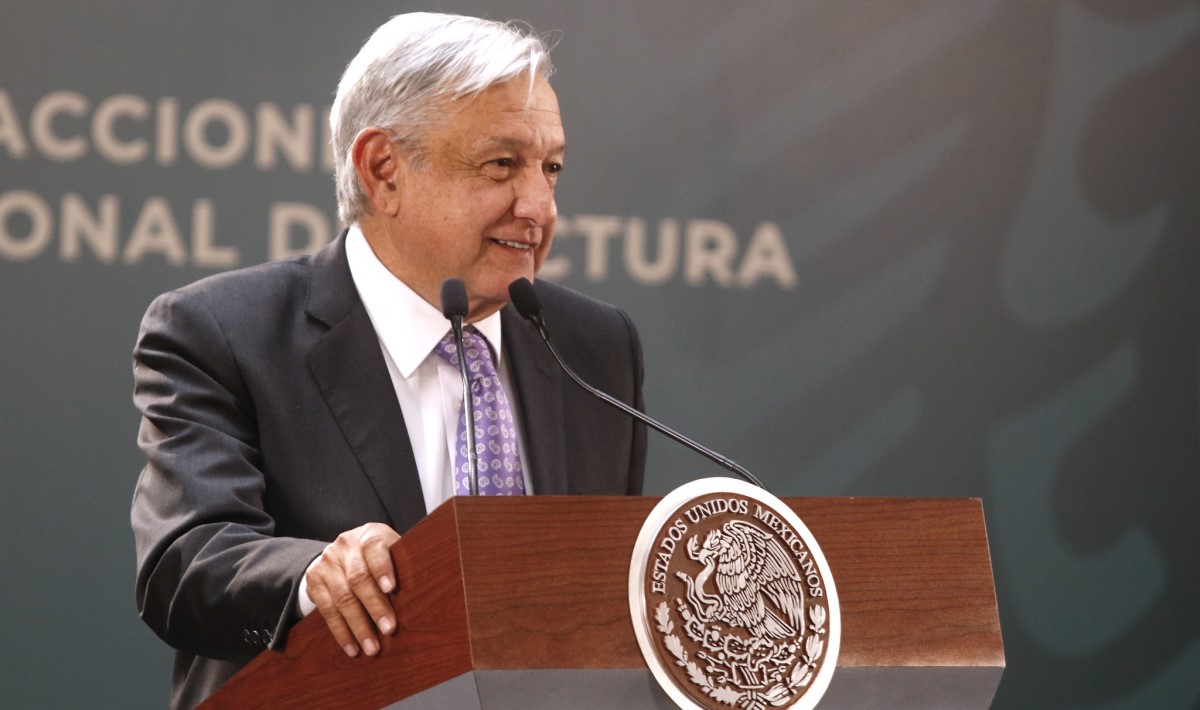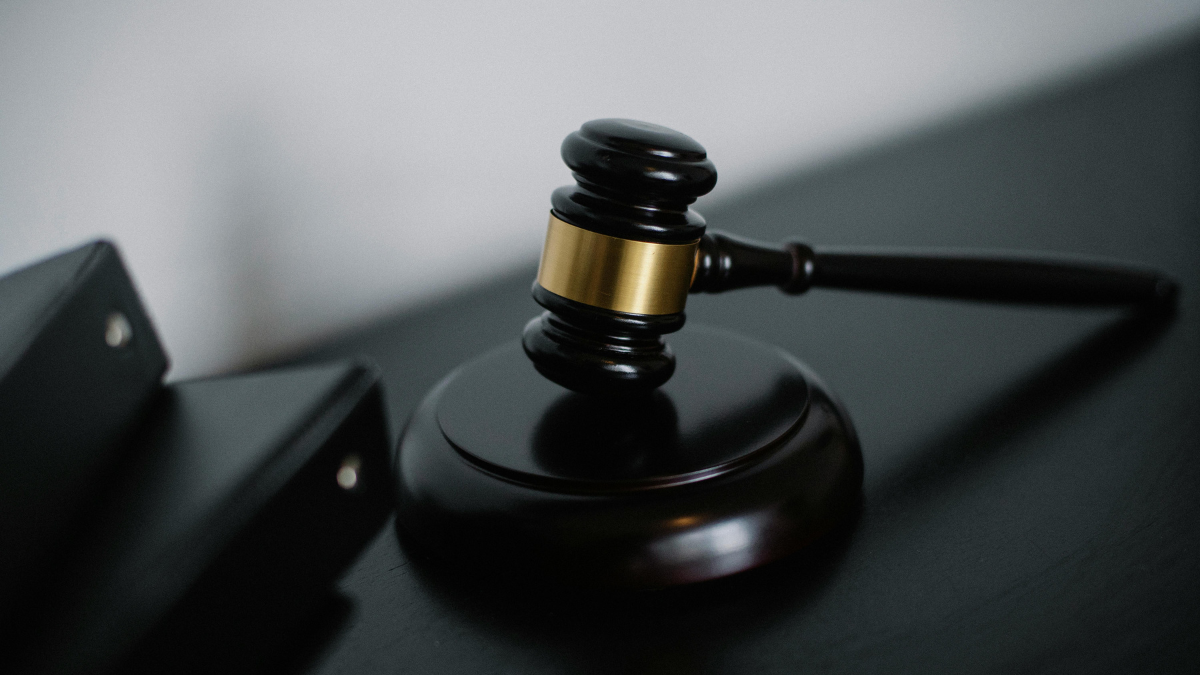Supreme Court Hears Mississippi Abortion Case Arguments: What To Know
On Wednesday, the Supreme Court heard arguments concerning a case regarding a Mississippi abortion law that could have massive implications for pro-life laws around the country.
The case, Dobbs v. Jackson Women’s Health Organization, concerns a 2018 law in Mississippi that bans most abortions after 15 weeks of pregnancy. As the law stands now, Roe v. Wade and the decisions that came after it hold that states have to allow a woman to be able to get an abortion up to the point of viability, or when the baby can survive on its own outside the womb. Most states hold this mark at around 20 to 24 weeks.
If Mississippi is successful, and the law is upheld, it would directly go against precedent already set by the 1973 Roe v. Wade decision, and it would also cut against Planned Parenthood v. Casey, decided in 1992.
Mississippi said in its original petition that the questions presented to the Court do not require them to overturn Roe or Casey. In its brief in July, however, the state wrote, “Roe and Casey are egregiously wrong,” and said the court should overrule those decisions.
Mississippi Solicitor General Scott Stewart was the first to present on Wednesday, outlining the state’s points for upholding its law. The state’s argument is that each state should be able to decide its own abortion laws. The Supreme Court agreed to consider the question of whether all pre-viability bans on abortion are unconstitutional.
A main topic of discussion during the arguments was the doctrine of “stare decisis.”
The New York Times reported:
The phrase, which roughly translates as “to stand by things already decided,” refers to a doctrine under which the court should stand by its previous decisions and hesitate to overturn precedents.
While it’s not overwhelmingly clear how the justices will rule, some of them were interested in knowing what a different standard might look like rather than the ones set by Roe and Casey.
Justice Clarence Thomas has been extremely outspoken about his desire to see Roe v. Wade overturned in the past.
On Wednesday, he asked Stewart, “If we don’t overrule Casey or Roe, do you have a standard that you propose other than the viability standard?”
After a few comments, Stewart responded, “I would say, if the Court were not inclined to — to overrule Casey, the — the choice would be undue burden standard, untethered from any bright-line viability rule.”
The pro-abortion lawyers challenging Mississippi didn’t appear to want to go down the road of considering alternative options. They kept to the notion of viability and discussed how that standard has been upheld in the past.
Julie Rikelman, the senior director for the Center for Reproductive Rights, and U.S. Solicitor General Elizabeth Prelogar, both opposed Mississippi, and hammered on the Casey precedent; Prelogar also pointed to the fact that Casey had “applied the stare decisis factors” and reaffirmed the Roe decision.
They also discussed how the alleged right to an abortion has to do with a woman’s liberty, and Rikelman argued that pregnancy shouldn’t be supposedly forced on a mother by the state.
Justice Amy Coney Barrett discussed adoption and the ability to surrender a child safely under safe haven laws across the country, which can provide women with options other than becoming a parent.
Justice Samuel Alito asked about viability and pointed out how people on both sides of this debate have said it’s a line that doesn’t make sense.
The pro-abortion side said that the viability line works because of the separation between the fetus and the woman, saying the philosophical arguments are kept out of the discussion.
A back-and-forth took place between Alito and Rikelman regarding the standard.
Alito said, “Will you agree with me at least on that point, that a woman still has the same interest in terminating her pregnancy after the viability line has been crossed?”
Rikelman responded, “Yes, your honor. But the court balanced the interests … and in ordering the interests at stake –”
Alito said, “– look at the interests on — on the other side. The — the fetus has an interest in having a life, and that doesn’t change, does it, from the point before viability to the point after viability?”
Rikelman answered, “In some people’s view, it doesn’t, Your Honor, but what the Court said is that those philosophical differences couldn’t be resolved –”
Justice Brett Kavanaugh pointed to the concerns regarding state’s rights and the difficult topic of abortion itself.
Kavanaugh said to Prelogar, “The other side says, though, that there are two interests at stake, that there’s also the interest in — in fetal life at stake as well. And in your brief, you say that the existing framework accommodates — that’s your word — both the interests of the pregnant woman and the interests of the fetus.”
“And the problem, I think the other side would say, and the reason this issue is hard, is that you can’t accommodate both interests. You have to pick. That’s the fundamental
" Conservative News Daily does not always share or support the views and opinions expressed here; they are just those of the writer."





Now loading...